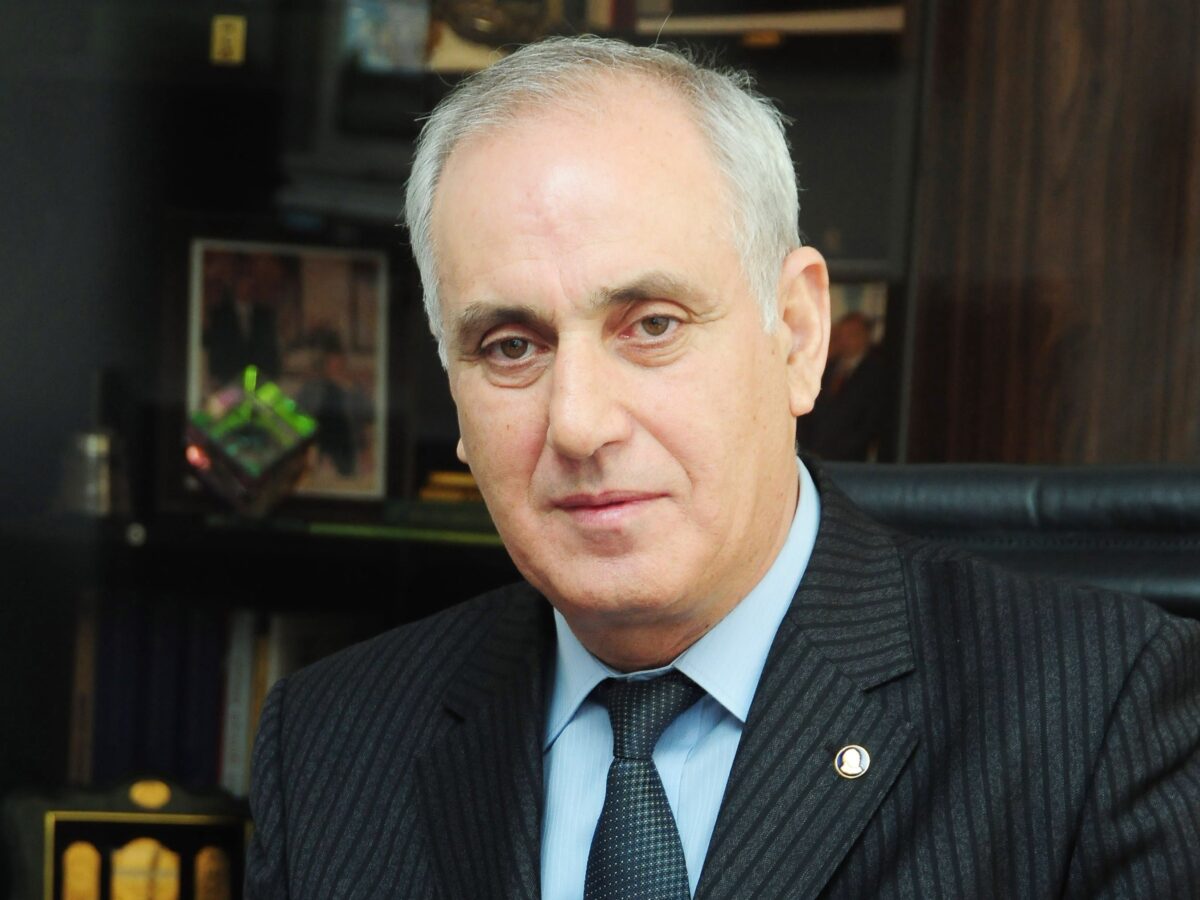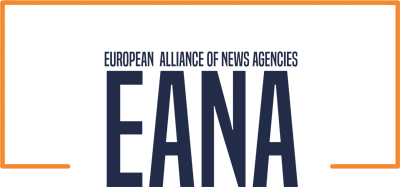
Aslan Aslanov (AZERTAC Chairman of the Board): Based on statistics, I can say that during the quarantine regime, access to our information increased by 40 percent.
AZERTAC started work on informing and educating people about COVID-19 since January. Recently starting operating as a public legal entity, AZERTAC now works with the state on the basis of orders. According to Aslan Aslanov, the news agency's Chairman of the Board, state-owned media should actively use business tools and diversify their activities, because fluctuations in economic systems require preparedness for changes. More below, in the EANA Top Voices interview.
How is AZERTAC, as a state news agency, facing the Covid-19 crisis? Did the state provide any extra help?
When the coronavirus pandemic broke out, both as a media outlet and as a state agency, we realized how serious our responsibility was in this situation and chose to immediately react to the events. The special quarantine regime announced in the country in March required a new approach to our work. According to a government decision, the vast majority of employees in the state organizations were sent on two-month leave with their monthly salaries retained. In our case, 70 percent of our employees worked from home and received their salaries. Editors and a group of correspondents worked from the office on a regular basis. They worked shortened business hours. Since the field of multimedia and photography requires direct participation, our cameramen, editors and photographers worked in shifts. Medical masks and disinfectants were distributed to those coming to the office every day in order to ensure their safety.
In general, in line with the government’s special regime recommendations on stimulating those working on a daily basis, we made additional payments to our employees who regularly came to work during the quarantine.
What do you think journalists should do in times like these when the truth is so difficult to find amid so much disinformation?
The importance of information always increases many times in critical moments. Until now, we have faced mostly local and regional crises. The COVID-19 pandemic has aggravated the situation globally. This was a new situation for journalists. However, the traditional principles of journalism helped us again. These include verifying the information, quoting only reliable sources and taking preventive measures against rumours. At such a sensitive moment, any arbitrary activity and the dissemination of unverified information can aggravate the situation even more. During this period, we witnessed the sharing of a lot of misinformation and fake news through social networks and messengers. Some people hear something from somewhere and send it to their acquaintances, and this rumour grows like a snowball and covers thousands of people. In order to prevent this from happening, journalists can send inquiries to relevant agencies and try to clarify the uncertainties. I would also like to note that the frequent briefings conducted by the Task Force under the Cabinet of Ministers during the quarantine regime significantly changed the situation in Azerbaijan. We provided this information to our readers immediately, and published additional explanations and comments. Openness and transparency reduced misinformation and people no longer take such information seriously.
We started work on informing and educating people about COVID-19 back in January. We prepared information charts, expert opinions and video reports, sent them to our subscribers, distributed them on our web resources and social networks. We witnessed how people's demand for reliable information increased in the special quarantine regime and they chose our agency as the right source of information. Based on statistics, I can say that during the quarantine regime, access to our information increased by 40 percent. The number of subscribers to our social network pages and appeals from other media increased. This is due to the trust in the news our agency circulates.
How do you see the future of state-owned media in the world after the COVID-19 pandemic?
The media are a part of the economic system in society. Therefore, the economic difficulties caused by COVID-19 affect the media as well. The decline of the advertising market has also reduced the incomes of the media. State-owned media are also a part of this economic system. Therefore, changes in their orders could have been predicted. There has been a change in the management system of AZERTAC and now we operate as a public legal entity. This means that the agency now works with the state on the basis of orders. Therefore, state-owned media should actively use business tools and diversify their activities. Fluctuations in economic systems require us to be prepared for changes.
Did AZERTAC take any special measures for protecting the journalists during the pandemic?
During the pandemic, we provided our employees with the necessary hygiene products. The disease is still there, so we try to make sure that our employees are always careful. We measure employee's body temperature at the beginning of the workday. Human safety and health are a priority. Thankfully, there is no infection among our staff. At the same time, we have established internal rules and strictly monitor their implementation.
Do you foresee any permanent changes to the way news agencies work?
I think that society will need news agencies in the future as well. For this to happen though, agencies need to focus on the resources other media do not have. The expansion of social media, the growth of online media resources and the accessibility of information for everyone are affecting and will continue to affect news agencies. But society will have a choice: to trust a 100-year-old media organization or a new resource. Of course, the socio-psychological choice will be on the side of the media with extensive experience. During the pandemic, we witnessed that again.
Interview by Alexandru Giboi (EANA Secretary General) for the "EANA Top Voices" project.


